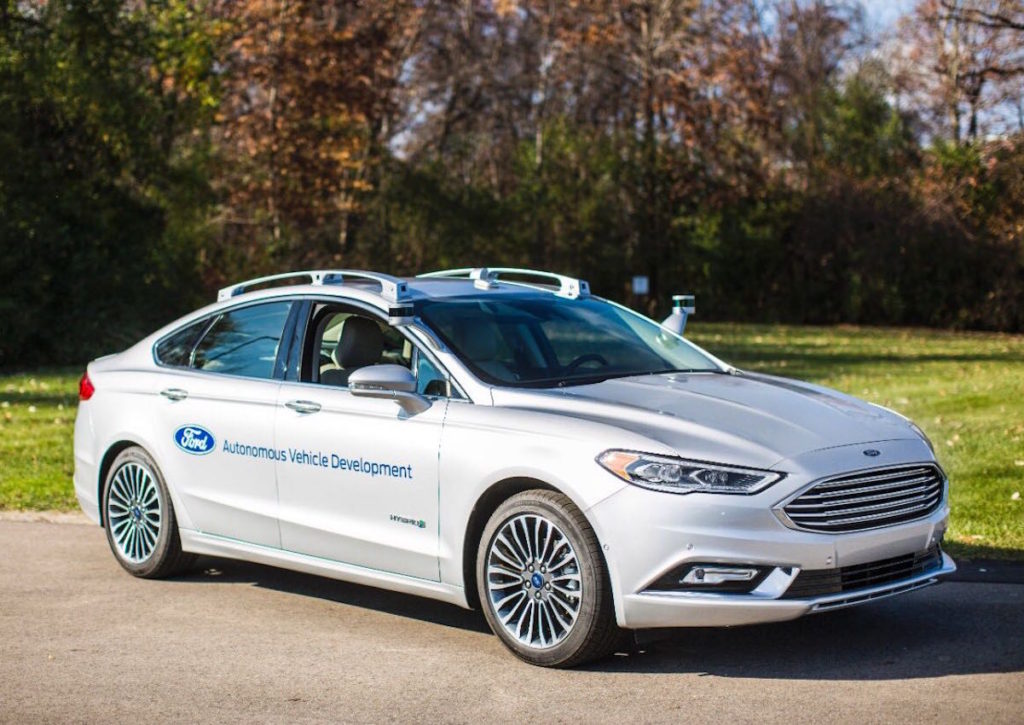The Ford Motor Company expanded its investment into the electric and autonomous vehicle market at CES 2017 on Tuesday, with a series of new innovation initiatives.
The initiatives are part of a $4.5 billion investment to make the company ready for the next decade. Ford CEO Mark Fields has been focused on expanding research and development and ensuring the company can compete against new rivals.
See Also: Get ready for a thermonuclear autonomous ride-hailing war
At CES 2017, Ford revealed seven of its 13 planned electric vehicles, including an SUV with a range of at least 300 miles, a hybrid version of the Mustang and F-150 pickup, and a hybrid Transit Custom van for the European market.
It also showcased the new Fusion Hybrid autonomous test vehicle, which has improved Lidar sensors and more computing power. Ford will use the car as its test vehicle for the next few years, before launching a commercial version in 2021.
“As more and more consumers around the world become interested in electrified vehicles, Ford is committed to being a leader in providing consumers with a broad range of electrified vehicles, services and solutions that make people’s lives better,” said Fields.
“Our investments and expanding lineup reflect our view that global offerings of electrified vehicles will exceed gasoline-powered vehicles within the next 15 years.”
New wireless charging platforms, too
Ford also introduced a wireless charging platform for cars, called FordPass. It is able to charge electric cars without the need for cables or wires. We covered a similar system from WiTricity a few months ago—we suspect the automaker may be working with the firm.
While we wait for the electric and autonomous cars to hit the road, Ford has partnered with Amazon and AT&T to deploy Alexa voice commands in the car. Ford’s Sync 3 infotainment system will support Alexa, allowing drivers to access all of the features available on the Echo.
While it’s not acknowledged across all automakers, the driverless future will no doubt be a tougher one for the fossil fuel industry, as many experts believe any future driverless vehicle will almost certainly be electric.


















